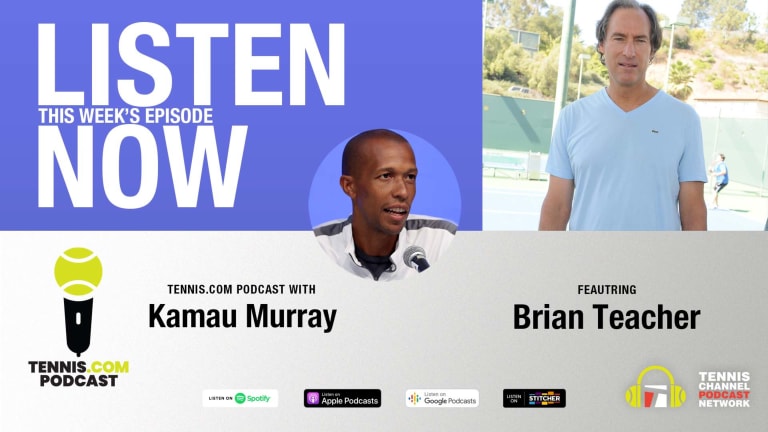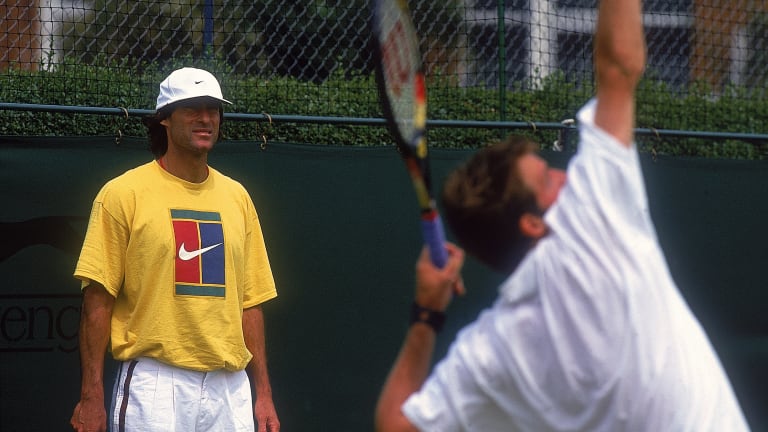We know that many aspiring tennis players are visual learners, and that imitating their favorite pros is another crucial learning method. On the Full Court Tennis app, many established players have lent their appearances, so their technique can be studied and copied. Teacher points out that pros are the best resource because even if their styles of play are different, the foundation of their technical game remains pretty consistent at the elite level.
"Take 10 good servers out of the Top 100. You look at their serve, and you're going to see biomechanically that they have a little different style, but they have certain ingredients that are the same. So we need to at least understand those ingredients, and those ingredients need to be able to be passed on to coaches."
Full Court Tennis can improve upon raw foundations in one's game, and it can also correct flaws that will hold back a player from truly reaching their potential. Users can load an entire match, play it on the media player, and zoom in on whatever it is they want to study, such as footwork, serve mechanics, and more.
It's a revolutionary way to coach a player, and Teacher explains that it doesn't really have any contemporaries. "So much more information that you can get out of traditional viewing, there's nothing out there like it right now."
The other main value that Full Court Tennis provides is the ability to provide high-quality coaching remotely. The costs of tennis and travel are so high, even at the low-level of the pro game. With this app you can set up a lesson space to invite multiple users from anywhere in the world, with the ability to analyze any specific detail they desire. That includes the parent of the player, who are all too often left in the dark as to what their child is working on.
"A lot of times they drop the kid off and they don't really see what the kid's doing. This way they can kind of monitor what the kid is supposed to be doing," Teacher explains. The tennis triangle—as Teacher calls it—includes the player, parent and coach. This app keeps everyone in the loop, and reinforces the commitment being made by all parties involved.

